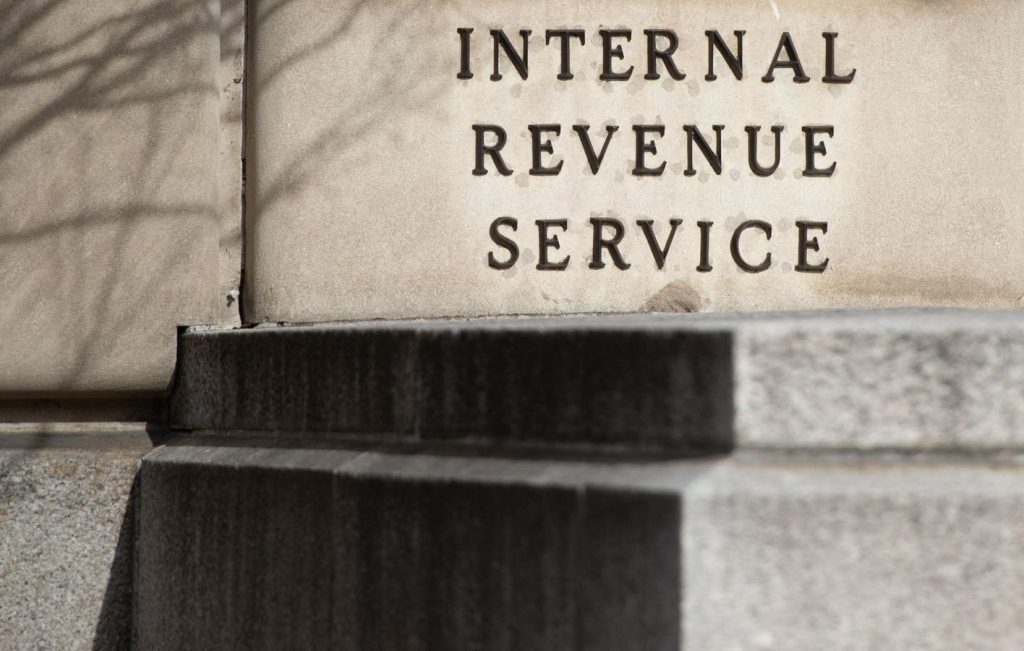The Internal Revenue Service (IRS) actively monitors potentially abusive tax transactions, designating prevalent ones as "listed transactions" requiring mandatory self-reporting by taxpayers and their advisors via IRS Forms 8886 and 8918, respectively. Failure to comply can result in substantial civil penalties and even criminal sanctions. However, the IRS’s enforcement efforts concerning listed transactions have recently encountered significant legal obstacles. Several court rulings have favored taxpayer arguments challenging the legality of penalties associated with listed transactions, citing the IRS’s failure to adhere to the Administrative Procedure Act’s (APA) notice-and-comment requirements when issuing notices defining these transactions. In response to these setbacks, the IRS released an Action on Decision (AOD) in January 2025, granting substantial concessions to taxpayers affected by these legal challenges.
The concept of a "listed transaction" was formally established in early 2003 through Treasury regulations requiring disclosure of participation in "reportable transactions." These regulations defined a listed transaction as one substantially similar to transactions previously identified by the IRS as tax avoidance schemes, typically through notices, regulations, or other published guidance. Currently, there are 34 designated listed transactions. The American Jobs Creation Act of 2004 (AJCA) further strengthened the IRS’s enforcement capabilities by introducing specific civil penalties for non-compliance with listed transaction reporting requirements. These penalties include fines for failure to timely file Form 8886, enhanced accuracy-related penalties for underreported tax liabilities associated with the listed transaction, and an extended statute of limitations for the IRS to assess additional taxes and penalties if Form 8886 is not filed.
The APA, enacted in 1946, mandates specific procedures for federal agencies, including the IRS, when issuing rules. Crucially, the APA distinguishes between "legislative rules," which carry the force of law and require public notice and comment before implementation, and "interpretative rules," which merely clarify existing law and do not necessitate such procedures. Legislative rules create new rights or duties, while interpretative rules explain the agency’s understanding of existing statutory provisions. Federal courts have the authority to invalidate legislative rules enacted without adhering to the APA’s notice-and-comment requirements. This distinction became central to the legal challenges faced by the IRS in enforcing listed transaction penalties.
The IRS traditionally identified listed transactions through notices or revenue rulings published in the Internal Revenue Bulletin. However, taxpayers recently challenged these pronouncements, arguing that they constituted legislative rules subject to the APA’s notice-and-comment requirements, which the IRS had bypassed. Conversely, the government maintained that these notices were merely interpretative rules or that the AJCA’s penalty provisions implicitly superseded the APA’s procedural requirements. Several court cases highlighted this contention. In Mann Construction, the Sixth Circuit Court of Appeals sided with the taxpayers, ruling that the IRS’s Notice 2007-83, relating to certain employer-benefit plans, was a legislative rule requiring notice-and-comment, thereby invalidating the associated penalties.
Similarly, the Tax Court in Green Valley Investors and the Eleventh Circuit Court of Appeals in Green Rock LLC invalidated penalties stemming from Notice 2017-10, which designated syndicated conservation easements as listed transactions. Both courts concurred that the notice constituted a legislative rule improperly issued without adherence to APA procedures. These consistent judicial setbacks against the IRS ultimately led to the agency’s concessionary AOD in January 2025. This AOD represents a significant shift in the IRS’s stance on listed transaction penalties, acknowledging the courts’ rulings and offering relief to affected taxpayers.
The January 2025 AOD specifically addresses listed transaction notices issued after the AJCA, signaling the IRS’s intent to comply with the Mann Construction, Green Valley Investors, and Green Rock LLC decisions. The AOD outlines several key concessions: The IRS will not impose penalties under section 6707A for failure to file Forms 8886 and 8918, will not impose enhanced accuracy-related penalties under section 6662A for reporting positions associated with a listed transaction, will not argue for an extended statute of limitations under section 6501(c)(10) due to Form 8886 filing failures, and will concede and abate any associated penalties already assessed. Importantly, the AOD clarifies that these concessions do not apply to cases with court-approved settlements, final court decisions, or expired statutes of limitations. The AOD advises taxpayers involved in listed transactions to carefully review its provisions to determine their eligibility for relief and encourages those who have already paid penalties to consult with tax professionals regarding potential refund claims. This AOD marks a significant development in the ongoing legal and administrative interpretation of listed transaction regulations and offers much-needed clarity for taxpayers navigating this complex area of tax law.

